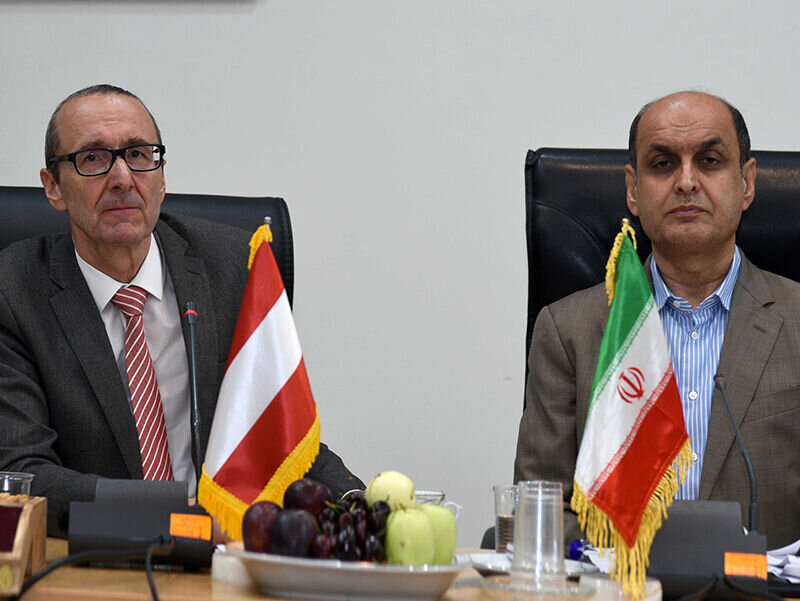Austria committed to nuclear deal, diplomat says

TEHRAN – The Austrian Ambassador to Tehran, Stefan Scholz, said on Tuesday that Vienna is committed to the 2015 nuclear deal, known as the Joint Comprehensive Plan of Action.
During a meeting with the governor of Gorgan, Scholz said, “All the people of Iran have the right to enjoy economic benefits of the JCPOA.”
Britain, France, Germany, Russia, China, and Iran have been trying to salvage the pact since the U.S. withdrew from it in May 2018 and returned sanctions and imposed new ones.
However, Europeans’ efforts to protect trade with Iran against the U.S. sanctions have yielded nothing concrete so far.
On May 8, exactly one year after the U.S. withdrew from the multi-nation nuclear agreement and reimposed sanctions on Iran, Tehran said its “strategic patience” is over and announced a partial withdrawal from some aspects of the pact, saying that the country would no longer adhere to some of the limits on its nuclear activities. It also threatened to step up uranium enrichment if an agreement is not made within 60 days to protect it from the sanctions’ effects.
In follow-up to that deadline, on July 7 Iran announced that it has started enriching uranium to a higher purity than the 3.67% as the Europeans missed the 60-day deadline to devise a concrete mechanism to protect the country from the U.S. sanctions.
The remaining JCPOA parties held an emergency meeting in Vienna on Sunday to discuss Iran’s moves in reducing its nuclear commitments and explore ways to save the nuclear deal.
Abbas Araghchi, the deputy foreign minister and a top nuclear negotiator who represented Iran in the meeting, called the talks “constructive”. However, he warned Iran would continue to reduce its nuclear commitments if Europeans failed to salvage the pact.
"The atmosphere was constructive. Discussions were good. I cannot say that we resolved everything, I can say there are lots of commitments," the senior nuclear negotiator told Reuters.
Helga Schmid, secretary general of the European External Action Service (EEAS), also issued a statement on Sunday saying that “participants reaffirmed their continued commitment to preserving the JCPOA.”
She also said, “They recalled that both nuclear commitments and sanctions-lifting are essential parts of the agreement.”
The European Union announced on June 28 that its special purpose vehicle for trade with Iran, known as INSTEX, has gone into effect.
Tehran says the mechanism is far short of Iran’s expectation. Iran insists the mechanism should include Iran’s oil purchases.
Majid Takht Ravanchi, Iran’s permanent representative to the United Nations, has likened INSTEX to a “beautiful car without gasoline”.
“The current situation of INSTEX does not suffice. This mechanism without money is like a beautiful car without gasoline,” he told reporters on June 29.
NA/PA
